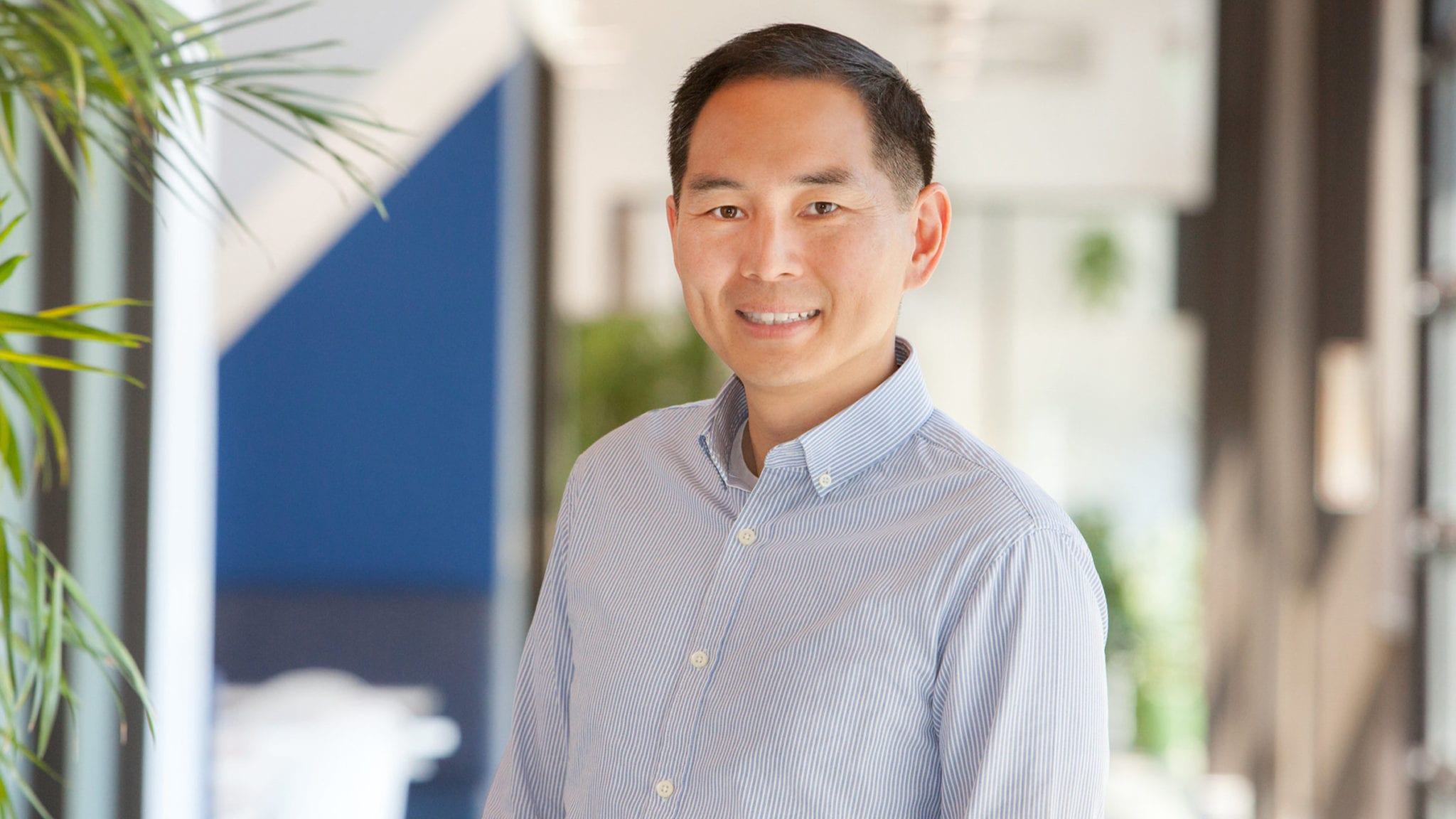
Ken Song (RayzeBio)
Barely two months after unveiling a new breed of radiopharmaceuticals, RayzeBio brings total haul to $150M
Just before Versant and venBio officially took the wraps off RayzeBio with $45 million in launch money, Ken Song reached out to a few …
Sign up to read this article for free.
Get free access to a limited number of articles, plus choose newsletters to get straight to your inbox.